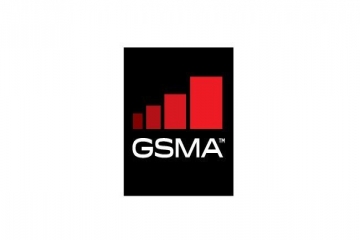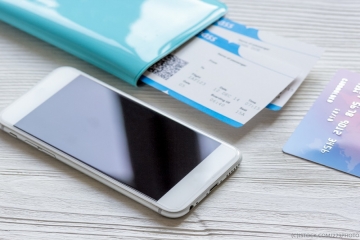More airlines 'ban' Samsung Galaxy Note 7 usage in wake of global recall
More and more airlines have started issuing advisories, restricting usage of the recently released mobile phone, after multiple reports surfaced where Note 7 owners’ phones exploded or caught fire during charging.
The problem stems from defective lithium-based batteries found in some units.
The U.S. Federal Aviation Administration (FAA) issued a statement, warning Note 7 owners to be cautious when traveling, advising them to turn them off and not charge them during flight. They were also recommended to avoid packing them in checked luggage.
In light of recent incidents and concerns raised by Samsung about its Galaxy Note 7 devices, the Federal Aviation Administration strongly advises passengers not to turn on or charge these devices on board aircraft and not to stow them in any checked baggage.
This comes shortly after Samsung officially launched a global recall, strongly urging owners to return their devices for newer ones as a precautionary measure. This comes just mere weeks after the device was launched on August 2nd at the “Samung Unpacked” event in New York, USA.

A number of airlines across the globe have taken a similar stance, advising all travelers to switch off Note 7 devices, and not charge them during flight. Some of the airlines implementing this measure include:
- American Airlines
- United Airlines
- Delta Air Lines
- JetBlue
- Virgin Australia
- Qantas
- Jetstar
- KLM
- Lufthansa
- Air France
- Scandinavian Airlines (SAS)
- Pakistan International Airline
- Etihad
- Emirates
- flydubai
- Singapore Airlines
- Caribbean Airlines
Other airlines like Spirit have taken a less restrictive stance, saying that they would inform passengers about the potential risk, but won’t ban them from using it during flight. Even with the FAA announcement, it is hard to tell how airlines are going to implement this directive as no official recall was issued by the Consumer Product Safety Commission. They will have to devise their own tactics for tackling the situation on board. In the mean time, agencies like the TSA cannot step in until an official government agency issues a recall themselves.




